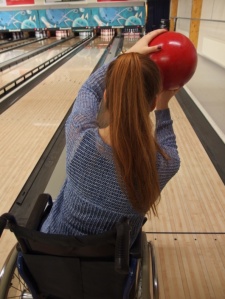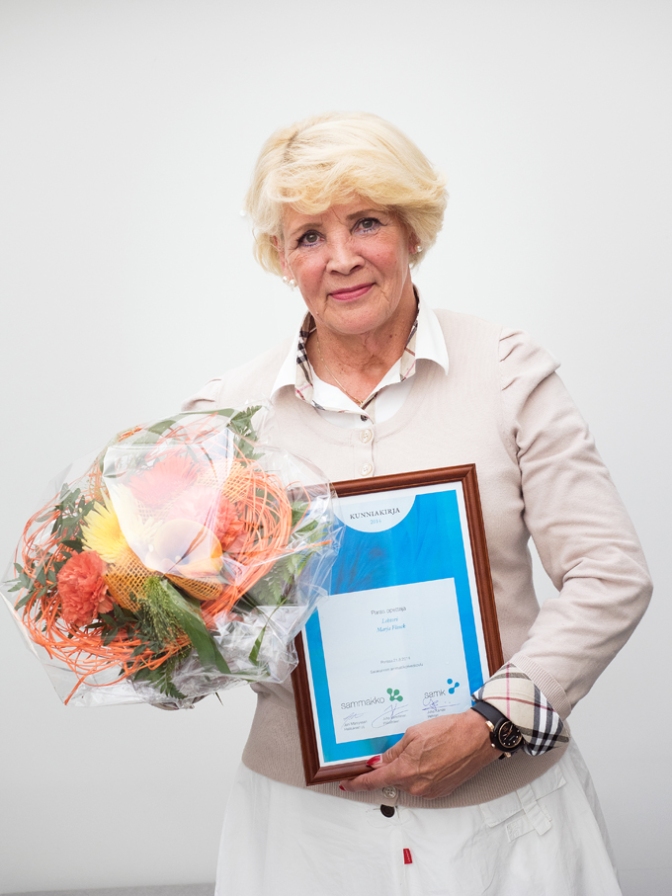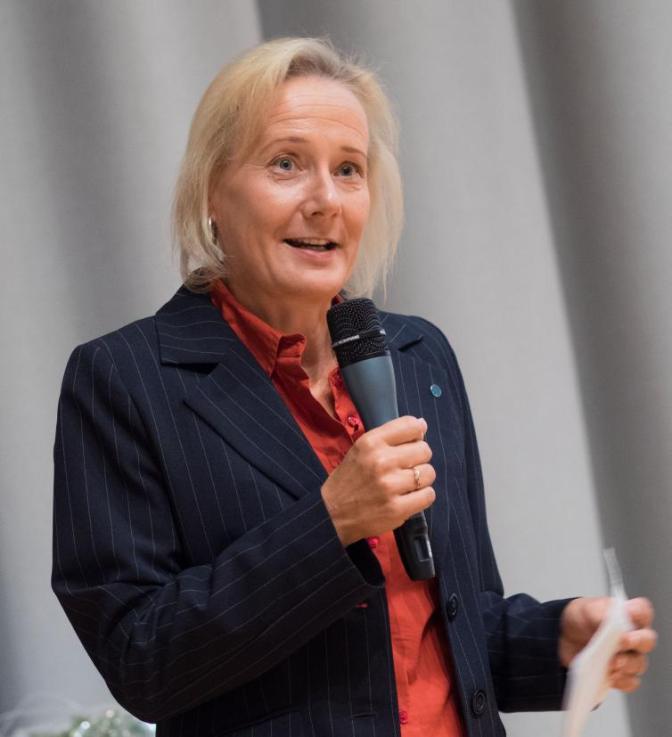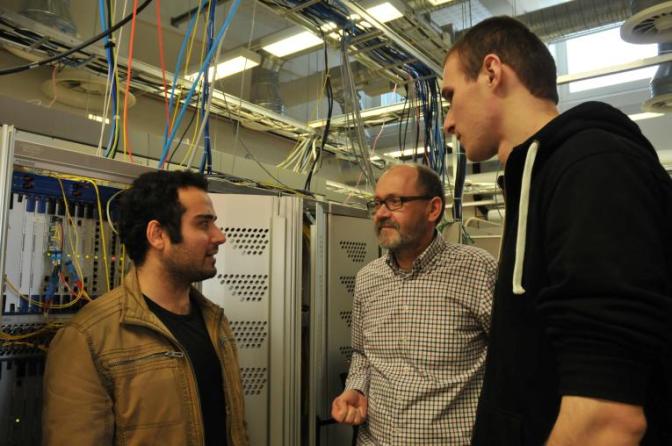There is a growing interest in solar energy in Finland. The systems are becoming more common and it is easier to get the information. As a result, the threshold of producing your own energy has become lower.
Households have become more interested in solar energy systems due to the considerable decline of solar energy system prices during the past few years. In addition, several people think that it is important to increase the use of renewable energy forms in order to reduce the impact of climate change.
SOLARLEAP Satakunta is a joint project of SAMK and vocational education institute WinNova which started at the beginning of the year and will continue until end of 2016. The aim is to remove barriers from using solar energy. These include, e.g. the small amount of companies in the business, shortage of experts and the complexity of permission and agreement practices.
The project is funded by the European Regional Development Fund. Synergy is provided by SOLARLEAP Varsinais-Suomi project, which is a similar project going on in the neighboring region Varsinais-Suomi in co-operation of Turku University of Applied Sciences and Vocational Institute of Turku.
Over 130 households signed up for SOLARLEAP Satakunta pilot survey. In this survey the possibilities for these households to utilize solar energy are mapped. Ten households are selected as pilot sites. These households purchase with the help of SAMK’s students a solar energy system, which is installed by WinNova’s students in the project.
Solar energy system performances of these pilot sites will be monitored during the following five years providing concrete follow-up information open for the public. This helps all interested people to see how solar energy systems work in ordinary Finnish residential houses.
Training for entrepreneurship
In order to make use of the demand for solar energy by the households the companies need to develop their services. The staff of SOLARLEAP Satakunta arranged solar training for project partner companies. Some of these companies are already working in the field and other aim for the solar energy markets along with the project.
The purpose of this training was to provide them with the basic information of solar energy technologies, marketing and system design. The aim was to promote the competitiveness of the companies and to improve the processes inside the companies. The training also had participants from the municipal construction authorities.
New competences through practical project learning
Students are involved in designing and installing the solar energy systems in the pilot sites. As a result, new competent professionals are trained to the field.
During the summer 2015 SAMK’s students together with the SAMK project engineers carried out operation where solar energy utilization possibilities were mapped for each household signed for the pilot survey.
During autumn 2015 and spring 2016 SAMK students will plan a solar energy system for the selected households. Students are in charge of the overall process from design and of acquisition of the solar energy system to installation and commissioning.
Text: Meri Olenius & Teemu Heikkinen
The writers are project engineer and project manager of the project. Cover photo by Katri Väkiparta: A part of the SAMK Solar Energy Lab.
More information on www.solarforum.fi
Teemu Heikkinen, project manager, teemu.heikkinen(a)samk.fi
















